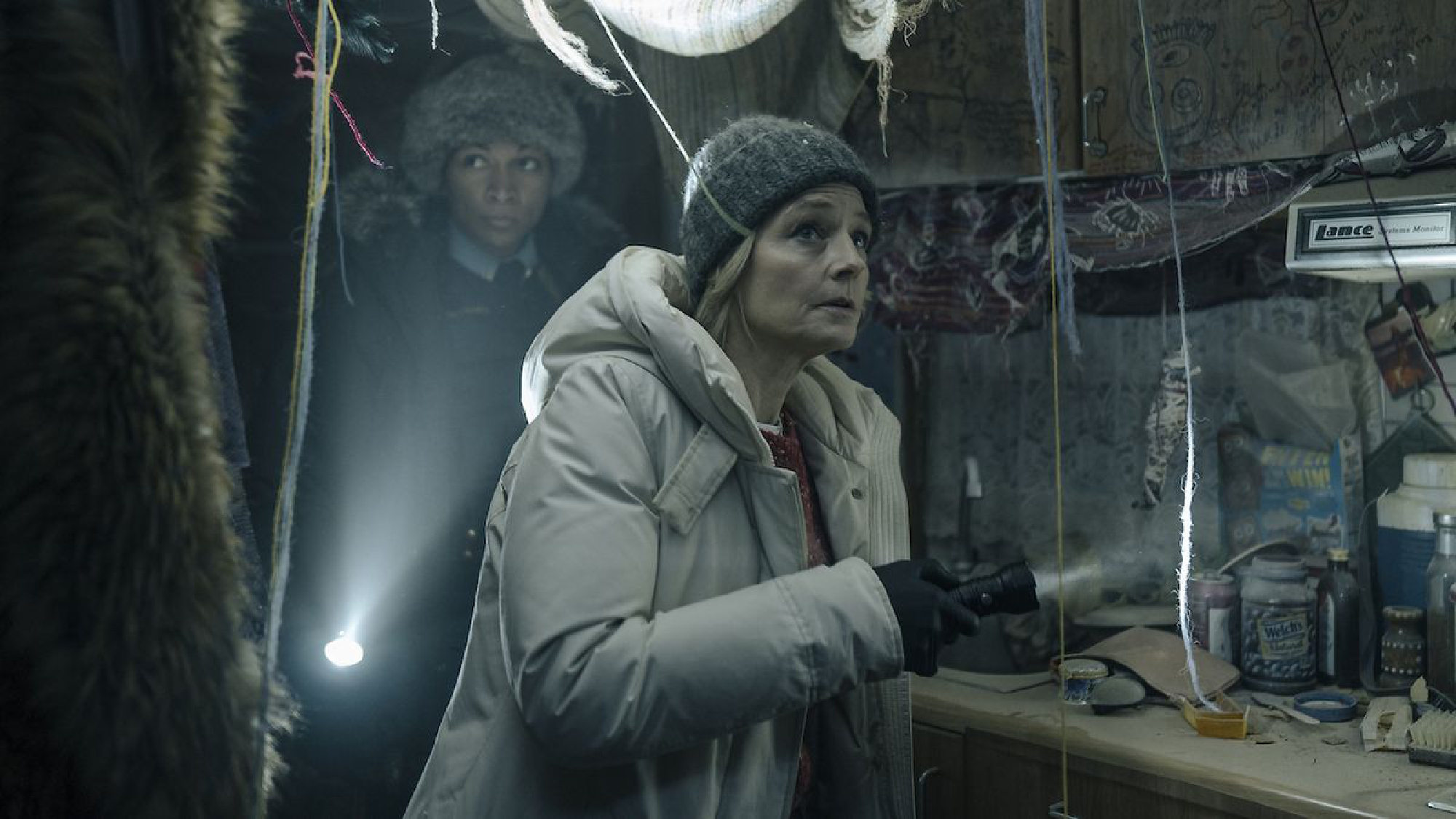
In its opening shot, HBO's fourth season of “True Detective,” aptly named "Night Country," gives viewers a brief glimpse into the new show’s direction and setting showcasing a group of caribou plunging to an early demise after being spooked by something as of yet unknown — the long night perhaps?
Or something even more terrifying?
- Update: 'True Detective' season 4's next episode is coming to Max two days early — here's what we know
For the viewers of this season, which takes several cues from its beloved initial outing, many aren’t buying it. Whether it’s the two female leads and their acting (or their being feminine in and of themselves), or just the overall general direction of this season, several watchers of “True Detective” season 4 aren’t feeling the heavy handed cosmic vibes the show employs this go around.
Look no further than IMDB or any other review sites as user’s scathingly admonish showrunner Lisa Lopez’s use of the supernatural in the story. And it’s not even just the cosmic horror aspects that many are having fault with — it’s the show in general and it’s supposed “lazy writing” and “boring premise.”
I’m here to push back against these claims and present my case as to why “True Detective: Night Country" might well be one of the series’ best since the breakout first outing. As a fan not just of the series as a whole but noir mysteries in general, from “Mystic River” to “Se7en,” I can see where some viewers might be feeling rather displaced, but season 4 of “True Detective” proves how important the age-old adage of "show don’t tell" truly is even when it might not make any sense at all.
The John Carpenter, HP Lovecraft effect
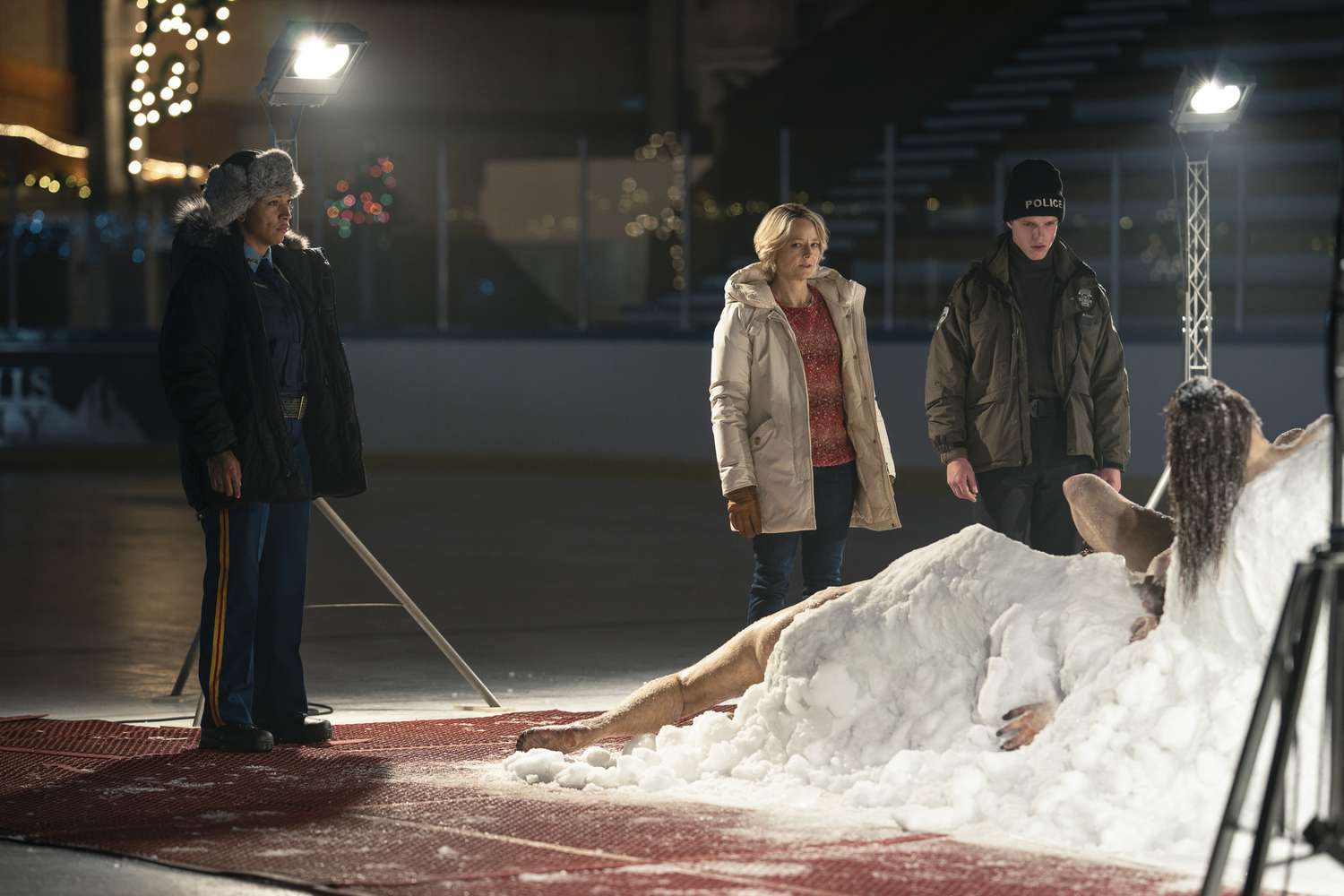
This season of “True Detective” follows the two detectives of Chief Liz Danvers (Jodie Foster) and Trooper Evangeline Navarro (Kali Reis) in a case that sees the icy deaths of six scientific researchers in the backdrop of Alaska’s polar night, 30 days of total darkness. It’s from this very cold and desolate setting where the new story’s cosmic horror elements come to life in interesting ways.
Clearly reminiscent of John Carpenter’s “The Thing,” which even had a brief cameo in its first episode, “True Detective” season 4 aims to inject its ongoing investigation with bits of the surreal. But, instead of these strange peculiarities being nothing more than quick fanfare — like a one-eyed polar bear appearing in the middle of the street — they might give us deeper insight into the story’s ever-revolving cast of characters and, better still, its chilly setting.
Neither detectives, at least from the outset, seem all too likeable. Navarro, though protective of her people and women especially, comes off as rash and quick to act with violence. Danvers represents the epitome of a “Karen,” rude and uptight about practically everything and everyone around her. They don’t exactly have many redeeming qualities — except, of course, in their investigative abilities.
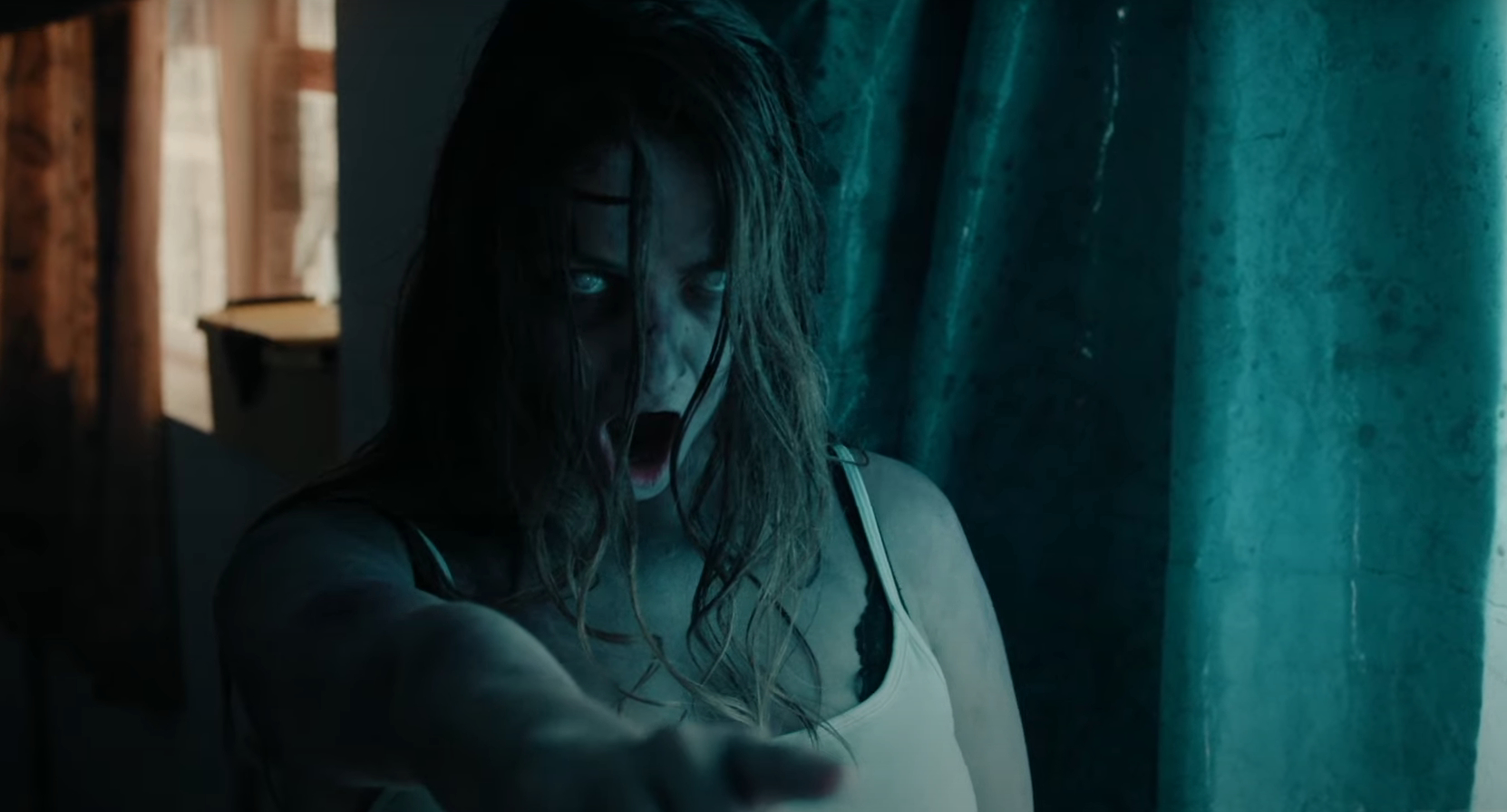
As the pair dig deeper into the Tsalal researchers’ deaths, which sees a group of 6 men literally frozen together like Carpenter’s monster (now widely referred to as the "Corpsicle"), more of their prior trauma becomes clear. Lopez simultaneously uses the setting and aspects of cosmic horror to show us this trauma in clear detail, with Navarro struggling to come to grips with her childhood and Danvers’ struggle to overcome the loss of her child.
“It’s no magic. Alright, there’s a real explanation for this.”
Chief Liz Danvers (Jodie Foster)
There’s a reason for these atmospheric abnormalities, a method to the madness I’m sure, one that’s rooted in reality. In the latest episode of “True Detective,” season 4 episode 3, Danvers herself tells Navarro, “It’s no magic. Alright, there’s a real explanation for this,” specifically referring to the 6 researchers and their untimely trek out onto the ice.
Fans might be upset with so much of a “True Detective” show losing its grounded nature, and that I can understand to a degree. But, just like its first season, “True Detective” season 4 leverages its setting to better analyze its characters in the throes of a case that runs deep — not just within the Alaskan town of Ennis, but deep amidst their pasts, as well.
Intertwining threads with its first season
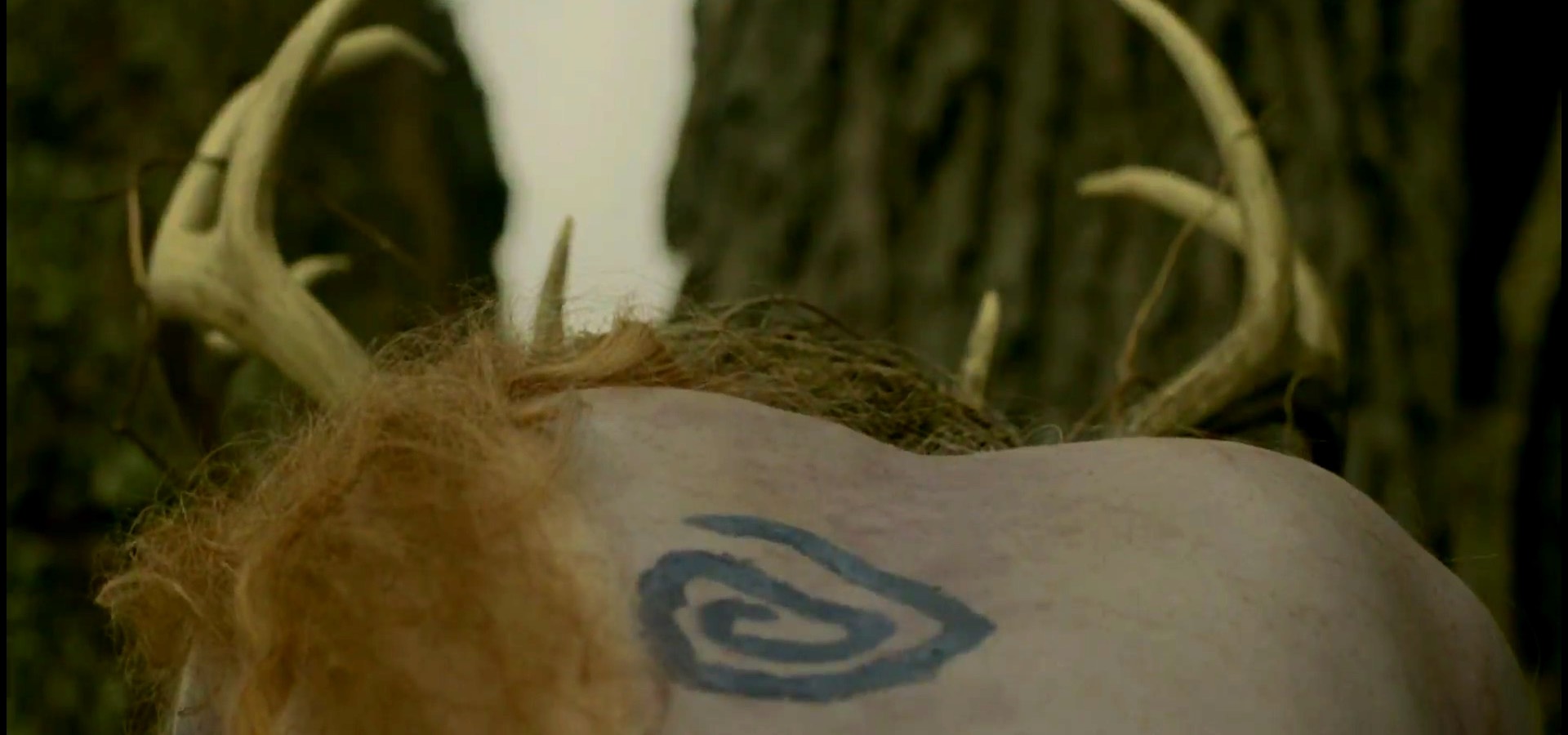
Akin to its predecessors, “True Detective” season 4 features a case that seems to somewhat transcend time. The prime duo in this outing share a fractured bond from a prior investigation that went awry — not unlike that shared between the first season’s Rustin Cohle (Matthew McConaughey) and Martin Hart (Woody Harrelson).
And just like their 4th season counterparts, Rust and Marty too weren’t exactly likeable at first. Rust is a shrewd (and self-ascribed) pessimist, Marty an egomaniacal womanizer. It’s not until the two come together and work through their differences does the case finally gain true traction with the cosmic horror elements staying true to form throughout.
Though events are happening somewhat differently in “True Detective: Night Country," the strained relationship between Danvers and Navarro clearly holds weight in regards to how they approach the new investigation. The two must not only look past their differences but also the clear cosmic horror distractions as the long night slowly consumes them.
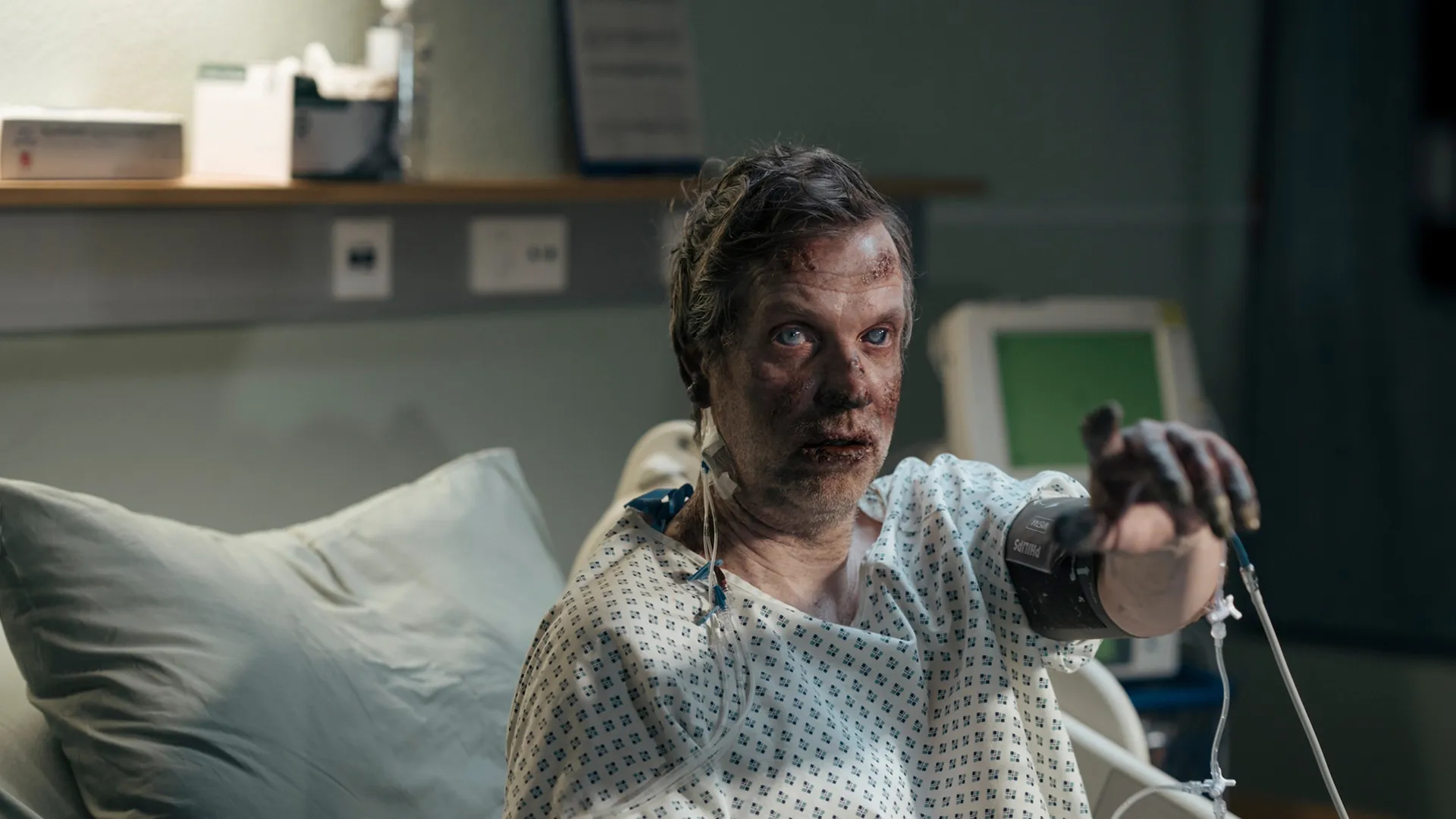
And though they might be distractions in some way, these cosmic horror elements bring a powerful edge to the show, a vibe that’s rarely if ever used so properly even in the best horror movies.
The Alaskan town of Ennis definitely helps in this regard, a small tight-knit (and freezing cold) community, one seemingly ruled by a mining facility that employs nearly 50% of the area’s workforce. To say there isn’t some suspicious nature there would be naïve, but it’s certainly not the whole picture.
Bits of similar context clues presented in season 1 are cropping up in season 4, like the spiral drawing and the Tuttle family’s association with the Tsalal research facility, which gives this new season a slight tinge of familiarity, too. Even Cohle’s father makes a brief cameo, which once more fuels this overriding sense of the Lovecraftian hovering over the town.
Blending the familiar and noir with that edge of the dark unknown, season 4 of “True Detective” has proven to be a return to form in my eyes, one that shows true promise of being as good as its initial hit season and hopefully leads to even better (darker) seasons to come.
More from Tom's Guide
Sign up to get the BEST of Tom's Guide direct to your inbox.
Get instant access to breaking news, the hottest reviews, great deals and helpful tips.

Ryan Epps is a Staff Writer under the TV/AV section at Tom's Guide focusing on TVs and projectors. When not researching PHOLEDs and writing about the next major innovation in the projector space, he's consuming random anime from the 90's, playing Dark Souls 3 again, or reading yet another Haruki Murakami novel.
-
PolarBehr The amount of online discussion the show has generated so far--positive and negative-- confirms that Issa López's approach is nothing less than genius. Rarely has a compelling puzzle with so many moving pieces and so much ambiguity been written for television. (And all so far in just three episodes!) I eagerly look forward to this show each week in a way I haven't since the first season.Reply
I'm also surprised that so far I've seen no comparisons to the original masterpiece and well-spring of Cosmic Horror, 'Twin Peaks.' Although each show's approach to this cosmic battle of good and evil playing out in the lives or very ordinary and flawed individuals is unique, I find comparisons inevitable.
